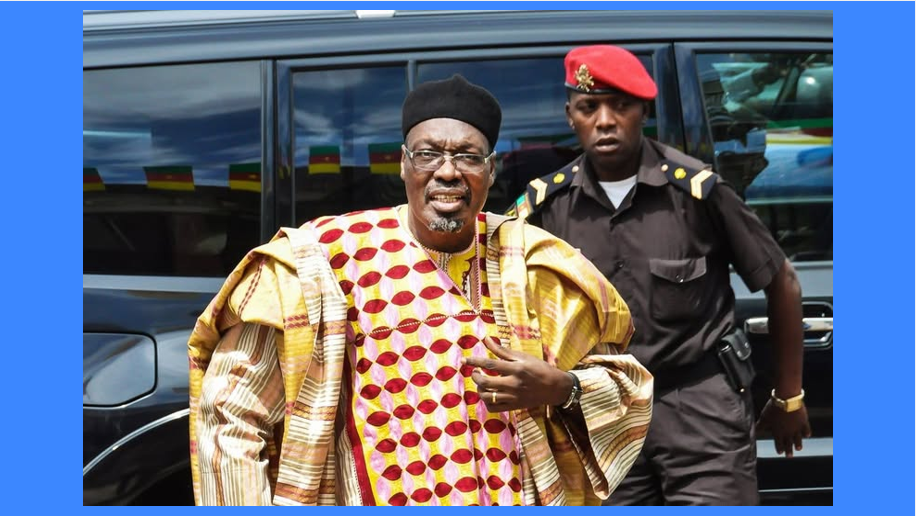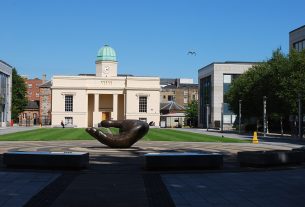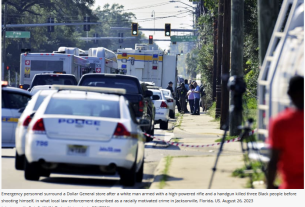Disputed Results and Opposition Defiance
Cameroon’s political crisis deepened after opposition leader Issa Tchiroma Bakary rejected the official results of the 12 October 2025 presidential election, vowing to resist until “final victory” against President Paul Biya. The Constitutional Council declared Biya the winner with 53.66% of the vote, extending his rule into a 49th year, while Tchiroma secured 35.19%.
Tchiroma insists the results were fraudulent, pointing to televised tallies from polling stations that initially showed him ahead before the official count was revised. He has pledged to continue mobilizing supporters, describing the election as a “sham” that denied Cameroonians their democratic choice.
Government Response and Legal Threats
Interior Minister Paul Atanga Nji announced that Tchiroma could face legal action for allegedly inciting violence in the aftermath of the vote. Protests in Douala, Garoua, and Yaoundé have led to clashes with security forces, leaving at least four people dead and hundreds detained. Authorities accuse the opposition of fueling unrest, while rights groups argue that heavy-handed policing has worsened tensions.
African Union’s Position
The African Union (AU) has not remained silent, but its response has been widely criticized. On 28 October 2025, AU Commission Chairperson Mahmoud Ali Youssouf formally congratulated Biya on his re-election, while also expressing concern over post-election violence and urging dialogue. Opposition figures and civil society groups condemned the AU’s stance as muted and complicit, arguing that congratulating Biya while calling for calm effectively legitimizes a process many observers described as flawed. Critics say the AU’s cautious approach undermines its credibility as a defender of democracy and human rights on the continent.
International Reaction
Election observers and international commentators have raised concerns about low turnout, intimidation, and irregularities. Several Western governments and African civil society organizations have questioned Biya’s promise of a “new phase,” noting that his decades-long rule has delivered little in terms of democratic reform.
Outlook
With Biya preparing to govern until at least 2032, Cameroon faces a period of heightened uncertainty. Tchiroma’s vow to resist, combined with the government’s threat of prosecution, risks prolonging instability. Analysts warn that without meaningful reforms or inclusive dialogue, the country could see its political divisions deepen further, compounding existing security and economic challenges.
Issa-Tchiroma-Picture-by-Faith-Tata



